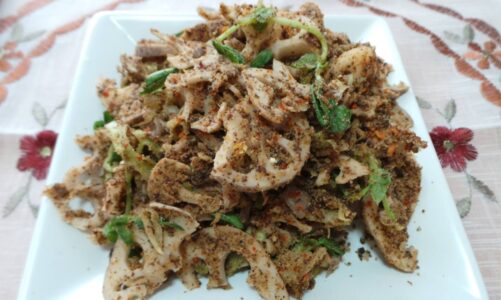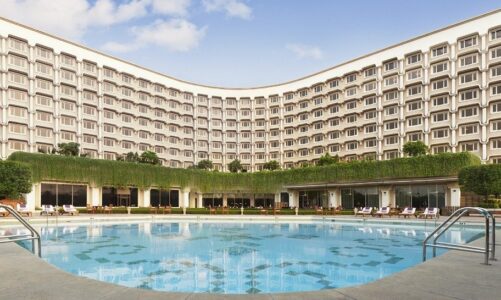For whatever reason (health, allergies, animal love or environment) you want to turn vegetarian/vegan it is a difficult task to change your dietary habits especially if you have been on a meat based diet all your life. But it is not impossible and worth a try! Try these suggestions to help your transition:
Make a list of recipes: Compile a list of 20 recipes that you will be comfortable with – cooking and eating. A large number of recipes can be available from friends, recipe books or internet. Make a short list of 20 vegetarian/vegan dishes from various cuisines. Choose the ones which do not involve elaborate cooking because you do not want to get discouraged even before you begin. Pick dishes that use ingredients that you are familiar with and are easily available. Start trying each, one by one. Most likely you will be left with only half the number you started with. Switching your diet should be satisfying to your palate only then you will continue. Sometimes it is also about acquired taste. Have patience and keep looking for more. You will have a list of perfect recipes only with trial and error.
Change one Meal at a time: Once you have a list of delicious recipes, it’s time to turn one meal completely vegetarian/vegan. Start with Dinner. Even if you are eating out make it a point to order vegetarian/vegan dinner only. You have to use your will power. You will start noticing the difference in just a few weeks. Your digestion will improve, you will sleep better, you will be more energetic the morning after, and of course you will see weight loss. These motivating factors will influence you to move your focus to the next meal – Breakfast. A number of easy to make, nutritionally balanced breakfast recipes are there. Do a good research. Gradually, as you have adjusted to breakfast and dinner change, you might not even crave for your regular diet in lunch. When it’s time to move your attention to lunch – start by replacing four lunches a week with your new dietary preference, continue a few meals with your old diet until u feel no craving for them.
Important aspects: Choose recipes that will suit your taste, are nutritionally balanced and satiating. Special emphasis on Vit. D, B 12, Calcium, and protein because vegan diets lack or are deficient in these essential nutrients. Fortified foods should be included in your daily meals. Keep a watch on your health parameters. Plan your meals according to your physical requirements, lifestyle, age, and exertion levels. Always consult a nutritionist / physician to guide you in planning a balanced diet. Try not to jump at once on changing your diet, if you want permanent change, then go slow, plan it well.
If you gradually change your habits, you are more likely to stick to them. Good luck!



